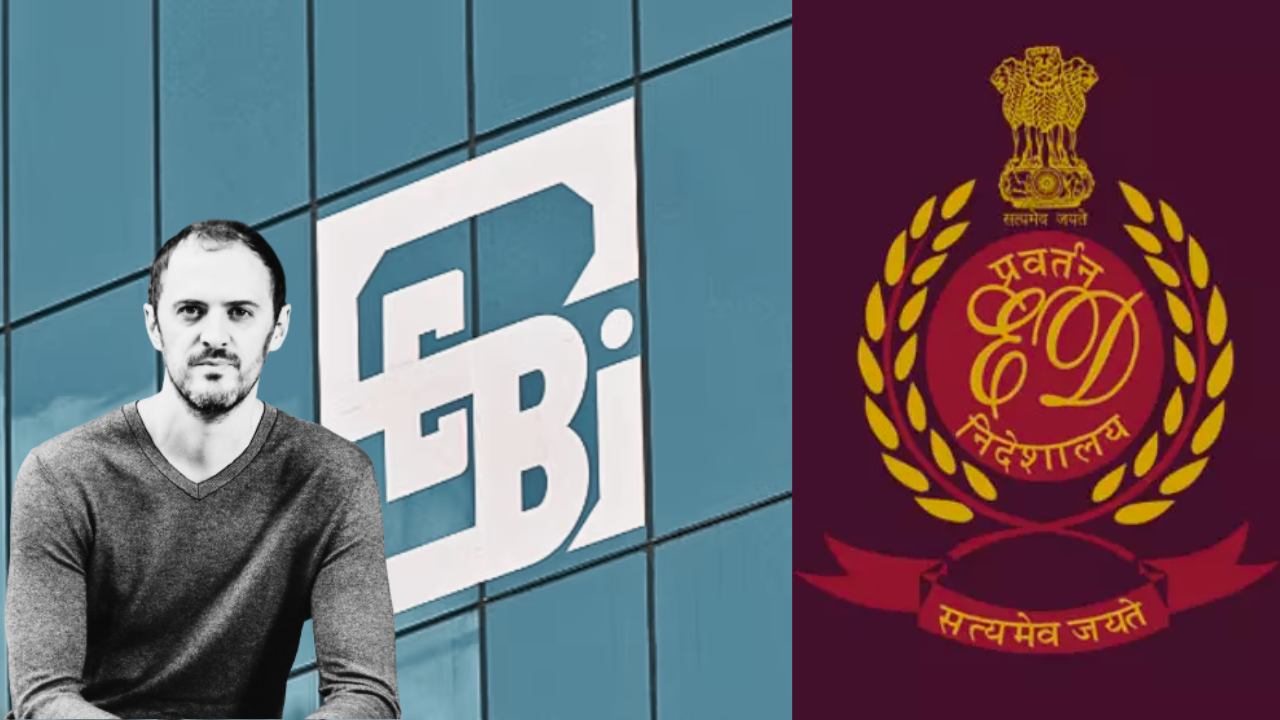The Enforcement Directorate’s preliminary investigation into the Hindenburg Research report and the subsequent market crash has revealed that around twelve entities, including foreign portfolio investors (FPIs) and foreign institutional investors (FIIs) based in offshore tax havens, were the primary beneficiaries of short selling in Adani Group companies. These short sellers capitalized on a belief that share prices would decrease; they borrowed shares to sell, planning to repurchase them at a lower cost and profit from the difference.
In July, the ED shared its findings with the Securities and Exchange Board of India (SEBI). The investigation highlighted that some of these entities initiated short positions merely 2-3 days prior to the publication of the Hindenburg Research report on January 24. Notably, some of them were engaging in short selling for the first time.
SEBI allows both domestic investors and FPIs/FIIs registered with it to trade in derivatives, which encompass short selling. The regulatory body maintains that controlled short selling is essential for efficient price discovery and prevents undue manipulation.
Among the twelve entities, three are based in India (including the Indian branch of a foreign bank), four in Mauritius, and one each in France, Hong Kong, Cayman Islands, Ireland, and London. Strikingly, none of the FPIs/FIIs have disclosed their ownership structures to Income Tax authorities.
Some entities exhibited suspicious activities. For example, one entity, incorporated in July 2020, reported negligible business activity until September 2021. Yet, within a span of six months (September 2021 to March 2022), it declared an income of Rs 1,100 crore on a turnover of Rs 31,000 crore.
Another global financial services group, functioning as a bank in India, recorded a meager income of Rs 122 crore while earning a staggering income of Rs 9,700 crore as an FII, escaping any income tax.
One of the ‘top beneficiaries,’ a Cayman Islands-based FII, was linked to a parent company that admitted to insider trading in the US and paid a fine of $1.8 billion. This FPI took a short position in Adani Group stocks on January 20, subsequently increasing it on January 23. Additionally, a Mauritius-based fund initiated its first-ever short position on January 10.
Two Indian companies are also among the ‘top short sellers’ in the Hindenburg Case. One, headquartered in New Delhi, faced SEBI’s order for misleading investors and market manipulation by its promoter. The other is located in Mumbai.
Previously, the ED presented its intelligence and analysis of alleged insider trading to a six-member Expert Committee formed by the Supreme Court to investigate regulatory lapses related to the Adani Group. In its final report, submitted on May 6, the Expert Committee acknowledged ED’s findings of potentially violative selling by specific parties, suggesting credible charges of coordinated market destabilization by Hindenburg.
In recent submissions to the Supreme Court, SEBI reported that twenty-two investigation reports were final, with two being interim. These investigations encompassed violations of SEBI’s minimum public shareholding norms and trading patterns/short positions of certain entities in Adani Group firms around the time of the Hindenburg report release (January 18-31). SEBI expressed active pursuit of information from external agencies/entities.
The ED’s conclusion, shared with both the Expert Committee and SEBI, points towards the likelihood that FPIs and FIIs were acting as intermediaries for larger overseas players, rather than being the ultimate beneficiaries of gains from short selling.
Also Read: Japan cautions China over embassy incident amid nuclear water release
Catch all the Latest Business News, Breaking News Events, and Latest News Updates on NewsX


















